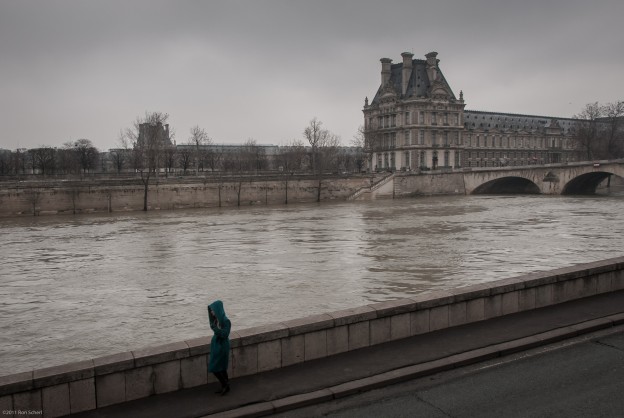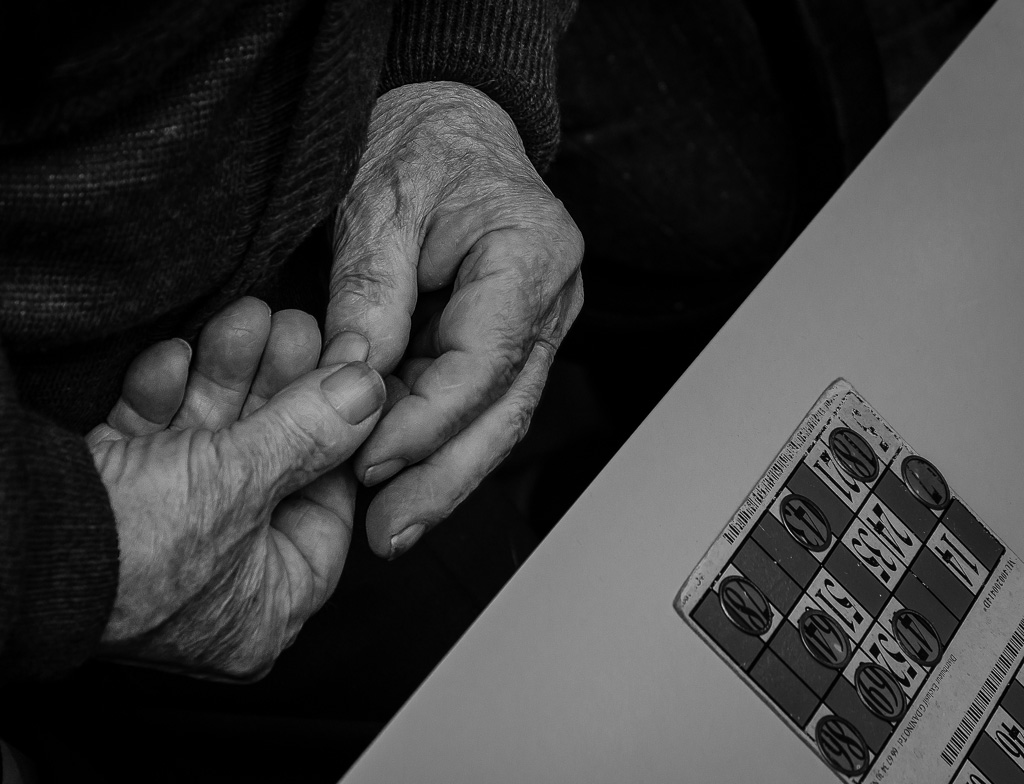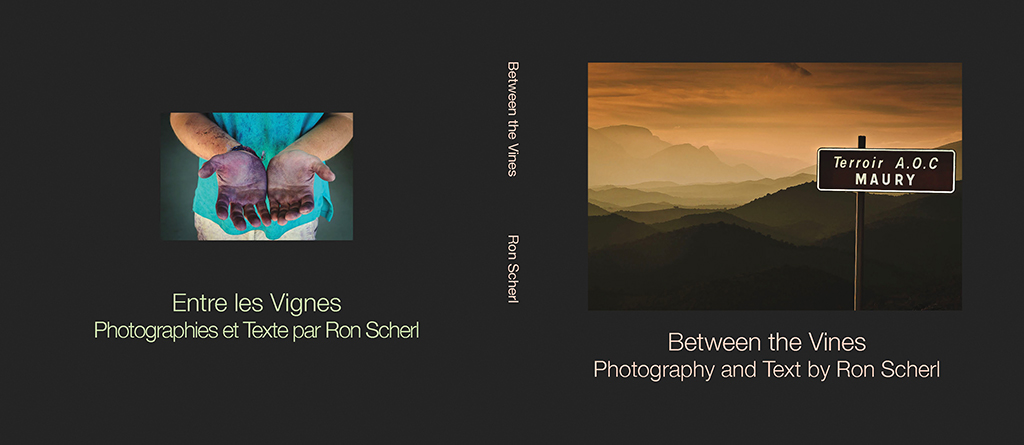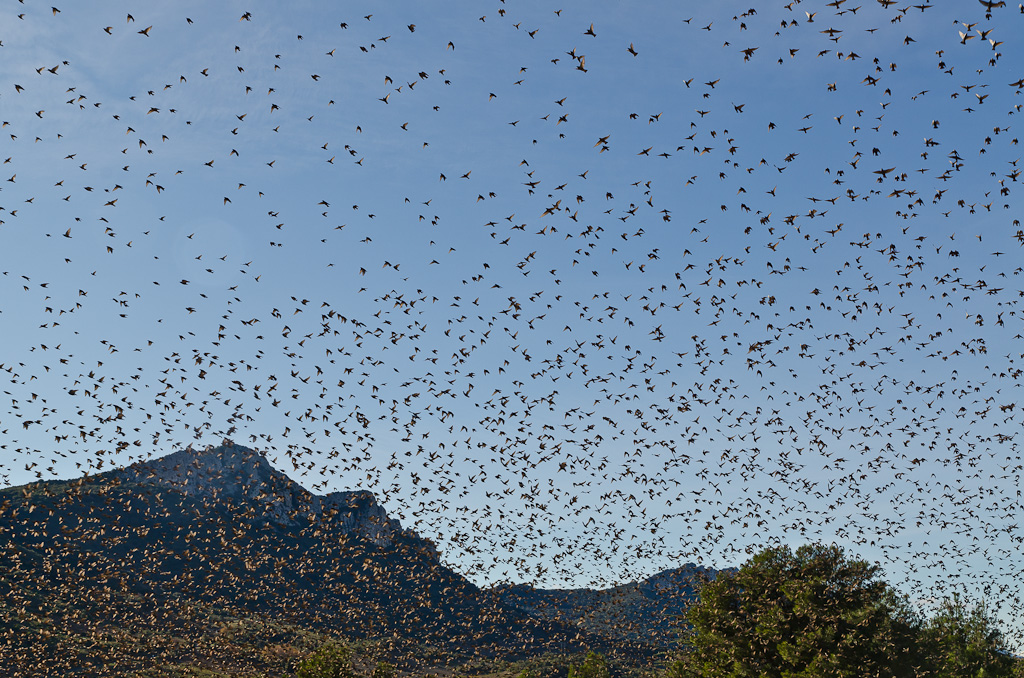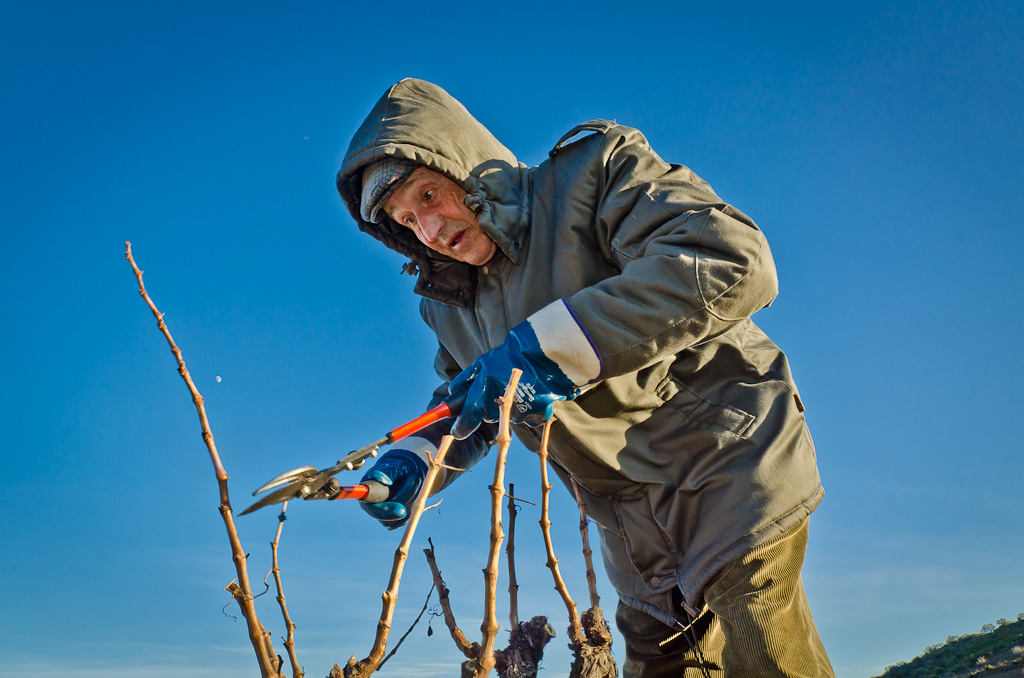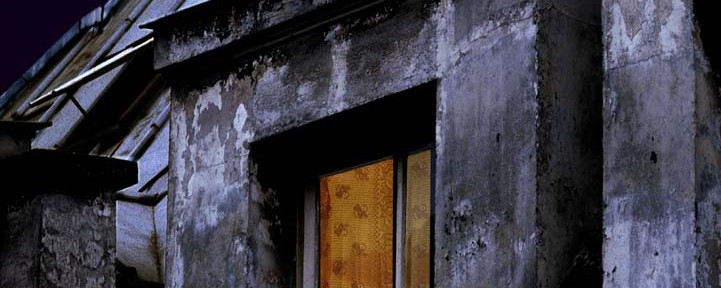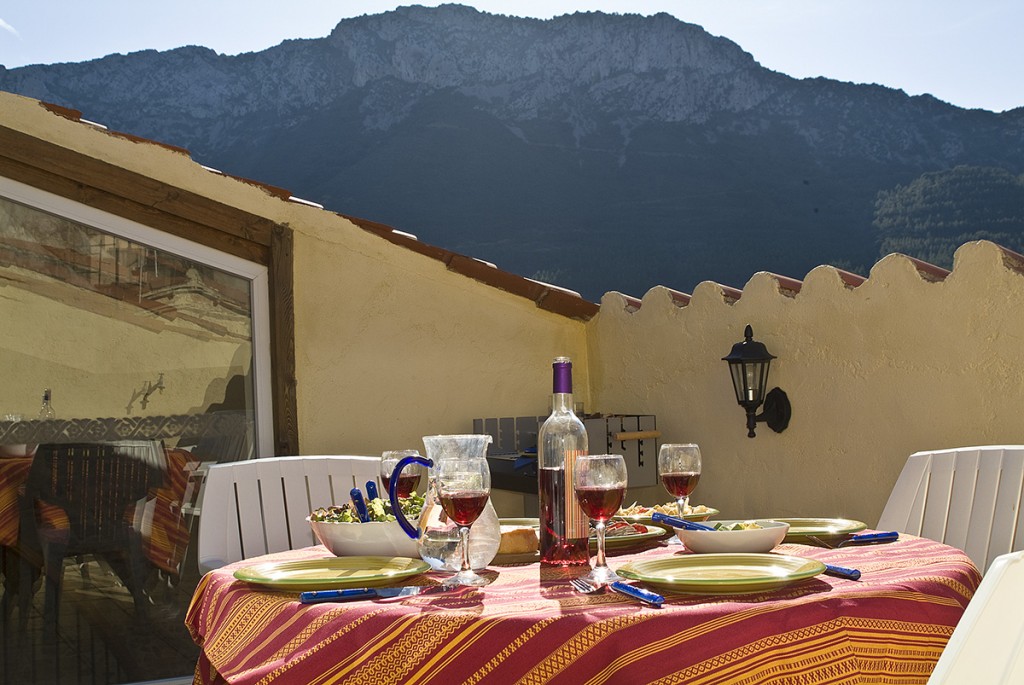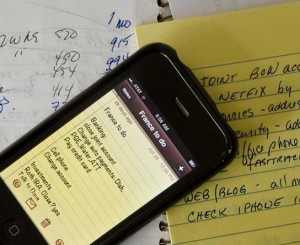I decided to stop taking anti-depressant medication and thought I should tell my friends so they could keep an eye out for erratic behavior. Then I decided to write a journal in order to monitor my feelings; finally I thought I’d publish the journal on the blog. The reasons for that are a bit more complicated but I’ll explain.
One of the symptoms of my depression is isolation: the feeling that I can’t really connect with anyone on an honestly emotional level. When the depression is at its worst, I compound the effect by physically isolating myself from everyone. So, in an attempt to counter these tendencies, I decided to violate my own predilection for privacy by publishing my thoughts and reactions on this issue. That may not be as radical as it seems because the audience for this blog would fit nicely in my living room, probably has.
Saturday, 10 January is Day 6 of this experiment and I’ve been beset by a cold throughout, so it’s difficult to gauge the effects so far. Let’s start with a bit of history and the events that led me to try to quit the medication. A diagnosis of major depression has been consistent through several shrinks for most of my adult life although I really think it goes back to my childhood. I’ve been on a several different medications for 15-20 years, not sure exactly when it started. With the occasional help of therapy, I’ve been able to function throughout, making a living and sustaining, to a point, loving, romantic relationships.
But writing a semi-autobiographical novel spurred profound changes: everything in my life was subjected to critical self-analysis and I began to look at many events and relationships as failures. Naturally, I wondered about the role of depression in everything I had experienced. Thinking and writing about my parents, I saw my mother as someone who had encased herself in a protective shell. Nothing could touch her, therefore nothing could hurt her again. Merde, I thought, that’s exactly what I had done. My mother had very good reasons to seek emotional protection, but I could not recall anything to justify my response.
For me, the instinct to guard my emotions led beyond isolation to timorousness; when I tried to breach the isolation, I did so with a guarded reticence that was no more effective than staying home. I thought to adopt Stuart Brand’s advice to “Stay Hungry, Stay Foolish” and maybe that helped me begin a novel but couldn’t help beyond that. Writing is, after all, a solitary pursuit, so it wasn’t too hard to work it into my comfort zone. Elsewhere, I was timid, apprehensive, unable to break through the shell even when the stakes were high and, I was sure the goal was worthy.
Given all this, why quit taking the medication? If behavioral patterns extend back before the meds, what can be gained by stopping? Just this: I’ve come to suspect that while the drugs have a moderating effect that keeps me on an even keel and allows me to function, it is precisely that effect that hardens the shell around me. In other words, getting by isn’t good enough and I think I’ve learned enough to be able to cope with whatever comes along. If a deeper emotional response fractures the shell just a little bit, that’s a positive result worth pursuing, before it’s too late.
One other thing: in a successful autobiographical novel the reader makes an emotional connection to the protagonist. In reading my work I saw that I wasn’t getting deep enough, revealing enough to allow this to happen. Self-censorship undermines emotion in fiction and in life. I’m hoping that losing the medication will allow me to pierce the protective skin.
This blog will use the journal of reactions to explore some of the issues raised in the novel and, maybe, create a blueprint for better fiction. If I’m able to maintain the blog as planned, you’ll be able to follow along on this adventure and, I hope, contribute some feedback.

